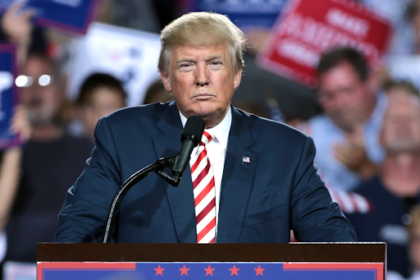
Can you be immune to civil litigation? That is one of many questions to arise after former President Trump’s claim that he could not be sued for what he said or did leading up to the Capitol attack last year. In his understanding, he is protected by presidential immunity.
What Is Presidential Immunity?
Presidential immunity was established following the 1982 Supreme Court case between Nixon and Fitzgerald. The president is immune from civil litigation for any acts undertaken during the presidency. As for Trump, who is no longer in power, you might be wondering what this means for him.
If it’s true Trump would be protected from civil liability for his alleged involvement in the riot on January 6 for encouraging supporters to “fight like hell” in response to election results. According to Insider, court documents disclose three civil lawsuits brought forth by House Democrats and Capitol Police officers. Additional concerns addressed are the deaths that occurred that day and over 100 law-enforcement injuries.
However, if the court decides Trump cannot claim complete immunity from liability, he is then responsible for all charged accounts. The Supreme Court will only allow immunity for actions that fall within his official duties at that time. What he did unofficially will be assessed differently. Whether it will lead to jail time is still up for debate.
Can Civilians Be Immune to Civil Litigation?
A civil litigation lawyer is best suited to answer this question, as it varies per client. Immunity is generally granted to government officials compared to a civilian. For example, if a government official exercised their power for work, they might be entitled to the dismissal of their civil claim.
If you need a civil litigation attorney Zimmerman Law LLP is ready to take your call.



